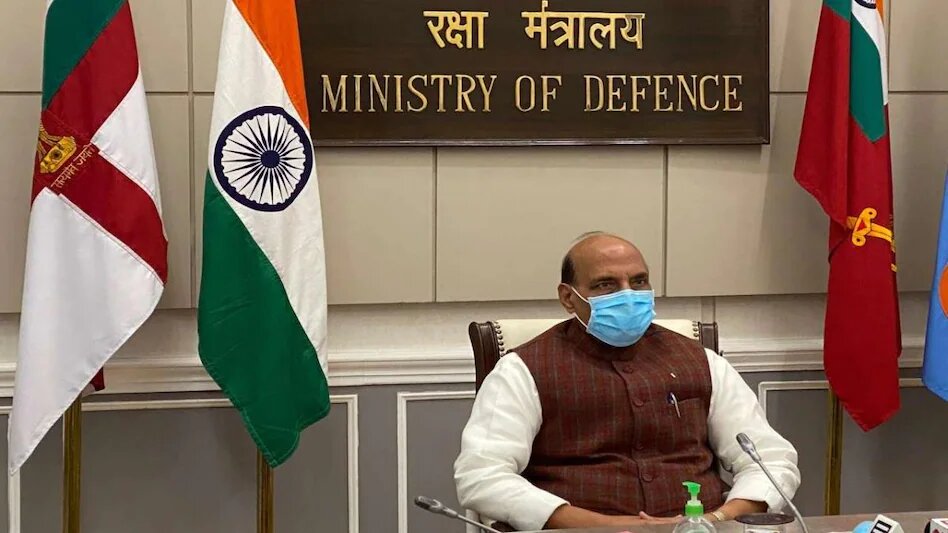The Ministry of Defense signed three contracts on Wednesday, two with Bharat Electronics Limited (BEL), Ghaziabad, and one with NewSpace India Limited (NSIL) for a total of nearly Rs 5,400 crore to improve the country’s defense capabilities.
The Indian Army will pay Rs 1,982 crore for the Automated Air Defense Control and Reporting System (Project Akashteer). This is the first contract with BEL. The second contract with BEL is for the Indian Navy to buy Sarang Electronic Support Measure (ESM) systems and the related Engineering Support Package from BEL in Hyderabad for a total of Rs 412 crore.
The contract with NSIL, a Central Public Sector Enterprise under the Department of Space in Bengaluru, is for the purchase of an advanced communication satellite called GSAT 7B. This satellite will provide the Indian Army with high-throughput services at a total cost of Rs 2,963 crore. All of these projects are in the Buy “Indian – IDMM (Indigenously Designed, Developed, and Manufactured)” category.
Project Akashteer
The Automated Air Defence Control and Reporting System (Project Akashteer) will give the Indian Army’s Air Defense units a state-of-the-art, homegrown system that will allow them to work well together. Akashteer will let the Indian Army keep an eye on the low-level airspace over the battle areas and effectively control the Ground Based Air Defense Weapon Systems.
Sarang Systems
Sarang is a high-tech Electronic Support Measure system for Indian Navy helicopters. It was made by the Defence Electronics Research Laboratory in Hyderabad as part of the Samudrika program. Over the course of three years, the plan will create about two lakh man-days of work. Both projects will make it easier for Indian Electronics and related industries, like MSMEs that sell to BEL, to take part.
Satellites for Better Communication
The satellite will greatly improve the Indian Army’s ability to communicate by letting troops, formations, weapons, and airborne platforms talk to each other even when they can’t see each other. Indian Space Research Organisation will make the geostationary satellite, which will be the first of its kind in the five-tonne class (ISRO).
In line with the Prime Minister’s vision of “Aatmanirbhar Bharat,” many parts, subassemblies, and systems will come from Indian manufacturers, such as MSMEs and start-ups. This will give a boost to the private Indian space industry. Over the course of three and a half years, the project will create about three lakh man-days of work.
